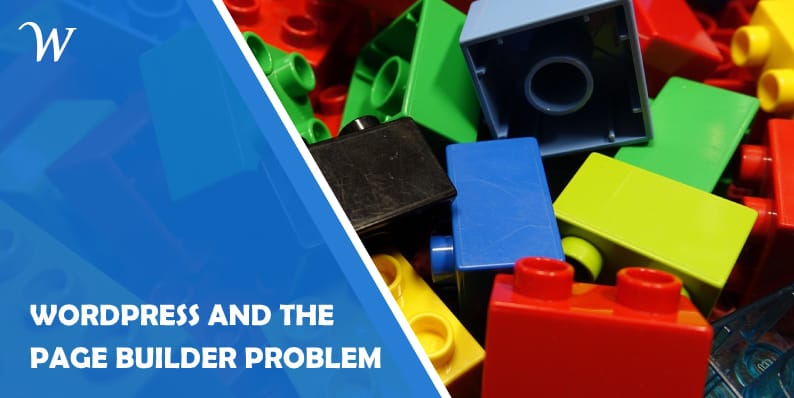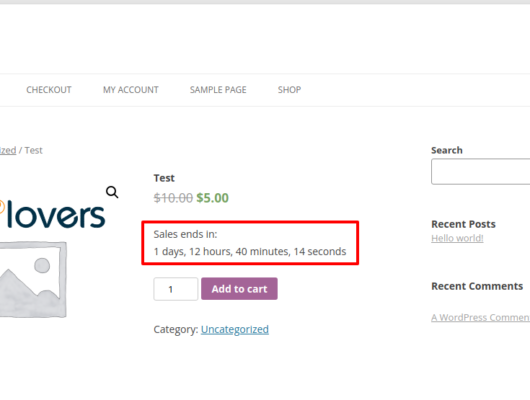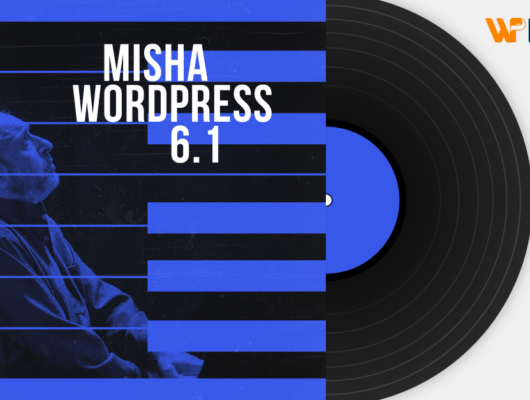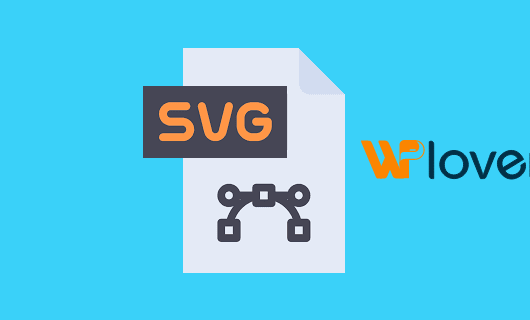As one of the most widely-used website CMS platforms on the market today, WordPress has grown from the humble beginnings of two web developers to become the most dominant forces on the web. Given how versatile WordPress is, with swathes of plugins and extensions available for you to customize its functionality and the fact that it’s a free platform, it should come as no surprise to learn that it’s the CMS of choice for many independent bloggers and small to medium businesses.
Personally, I believe WordPress is the best CMS platform available, but one of the biggest issues I commonly face is having to work with a Page Builder plugin. So, in this blog, I’ll discuss why Page Builder plugins might seem like a good idea, but in the long run, they’re probably not.
What is a Page Builder?
With around 1.3 billion total active websites as of February 2020, there are an estimated 455,000,000 websites powered by WordPress, which equates to around 63% of all content management systems. Since WordPress is typically aimed at users that want to easily create a website of their own (whether for business or blogging), third party plugin companies realized that creating a fully-fledged custom website would require some web development experience. As such, the drag and drop Page Builder was born as a solution to this problem, whereby it would simplify the way that users without coding knowledge would be able to create the site of their dreams.

There’s now a plethora of Page Builder plugins available, such as Beaver Builder, Elementor, and WP Bakery, which makes it easy for beginners to build inexpensive websites using drag and drop functionality. However, despite the cost-saving, there are a few drawbacks that could prove to be stumbling blocks as your site evolves over time. Here’s what I find to be the key issues with Page builder plugins:
Painful User Experience
Dragging and dropping sound simple, right? Well, in theory, it is, but Page Builders can be fiddly when it comes to customizing your website, as you’ll need to edit every element that you add. This issue becomes a greater cause for concern where you need to create multiple pages with different structures, as you’ll probably end up wasting hours of your time actually figuring out how to use it. Ultimately, the user experience is awful whether you’re a business owner, web developer, Digital Marketing Agency or SEO professional.

Instead, by using a language such as PHP which is what a professional web developer would typically use, you’ll be able to create a series of page templates that use a given set of styles and reuse the template again and again. In doing so, the only real edits you’d need to make to the site would be content related via WordPress’ Gutenberg editor, which is pretty straight-forward.
Reduces Site Load Speed
If you’ve got a little experience in managing websites or web development, then I totally understand why a Page Builder plugin makes sense. It’s an economical choice, but then it’s tough to scale and can impact performance as a whole. Put simply, with Page Builders, the reason why you’re able to simply select an element and add it to the page is that all of the elements consist of shortcodes in order to function the way they do. Not only that, but it has to load all the CSS for those elements too since there are individual customization options for everything element you use. The main problem with this is that it’s essentially adding a bunch of redundant code to the page, which takes browsers a longer period of time to render your website for the user.

Page Load Speed has become a key part of a website’s functionality over the years, and especially more so considering that Google integrated it into their algorithm as a ranking factor. Not only that, but pages with slow load times typically affect front-end user experience which can be detrimental to behavioral and conversion metrics recorded through Google Analytics. Again, by hiring a web developer to build your website for you in coding languages such as PHP, you’ll be able to offer the best possible user experience with speedy load time for your customers every time.
Updating Problems
As with all plugins available on the WordPress platform, Page Builders also need to be updated from time to time which is typically when there’s bugs or issues to fix or in order to tighten the security of your website. However, one of the most common problems that website owners have experienced with Page Builders is that when they update the plugin they’re subsequently served with an error message or it breaks their site. The complications here are that WordPress in itself will also need to be updated from time to time too, so if the most recent updates aren’t compatible together then it can cause a conflict and fail to load. Whilst Page Builders endeavor to be compatible with all themes and plugins, unfortunately, this is probably unlikely to ever be the case.
When updating plugins or WordPress in itself, you should always seek the assistance of a professional web developer because if an update does indeed break your site, then you should be back up and running in no time.
Summary
Despite Page Builders presenting themselves as a time-saving solution, in the grand scheme of things; that’s pretty much all they are and they’re a decent short-term solution if you need to knock up a new website pretty quickly. However, I don’t believe they really have much longevity over time, as you’ll find limitations when you’re looking to scale the website and take your business to the next level.
From a personal point of view, I’d always recommend it to anyone looking for a new website to avoid cheap devs that use Page Builders and navigate towards proven web developers that use coding languages such as PHP. Granted, that is just my opinion, but I’d bet a Big Mac that I’m not the only one that feels this way about them.





